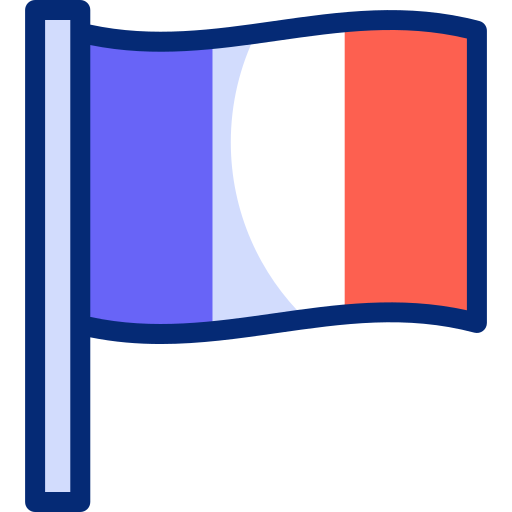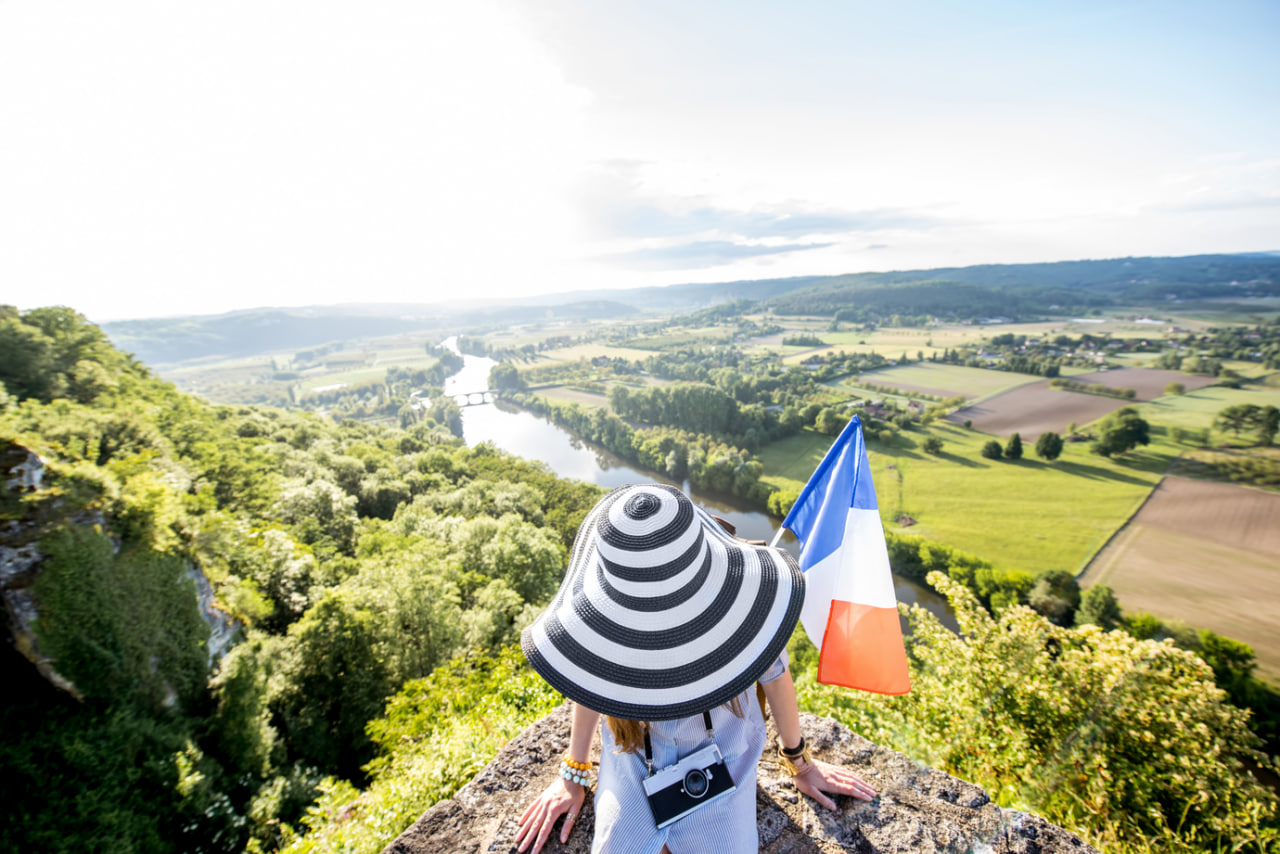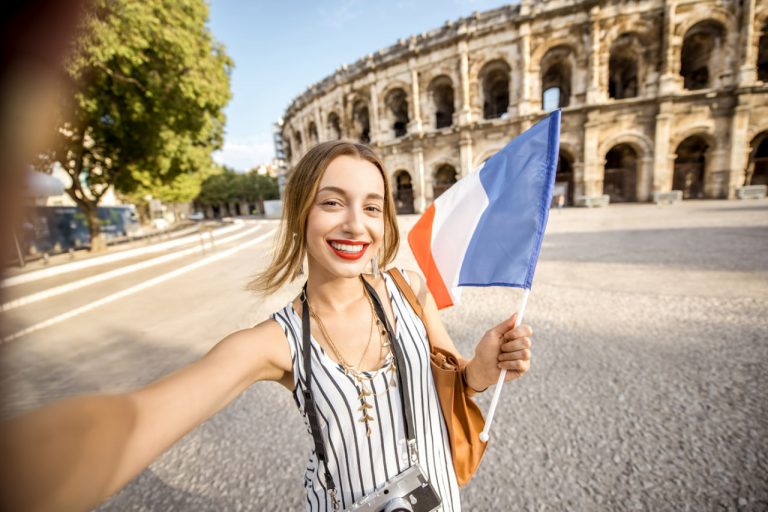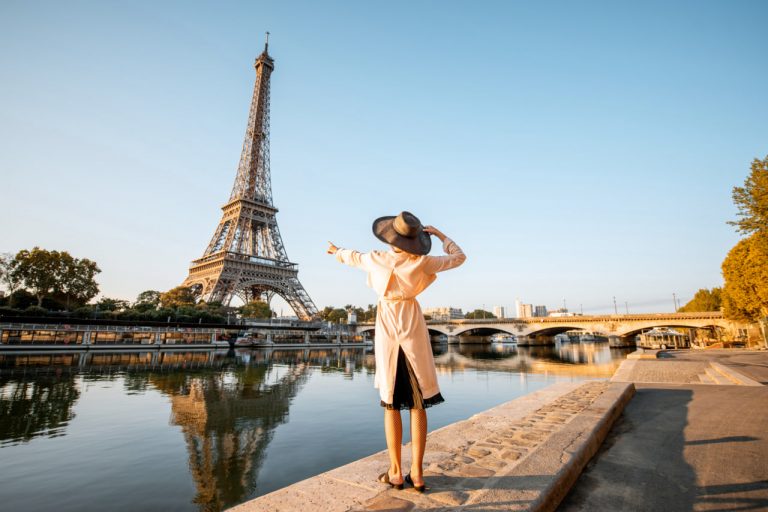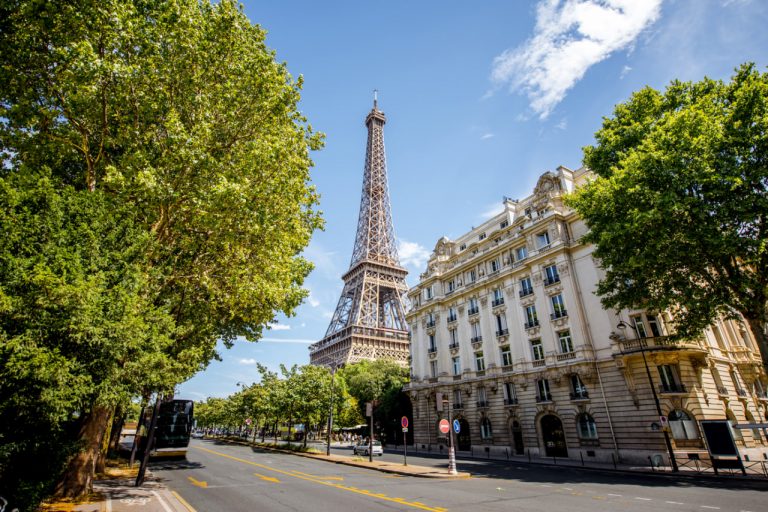If you’re planning a trip to a French-speaking country, you don’t need to be fluent to get around. But knowing a few essential phrases can make your travel experience smoother, friendlier, and much more enjoyable. Even simple efforts to speak French are often met with appreciation — and can open doors to better service, deeper cultural exchange, and a more authentic connection with the locals.
Here are ten essential French phrases that every traveler should know, along with practical tips on when and how to use them.
Bonjour – Hello / Good day
This is the most fundamental and polite way to greet someone in French. Whether you’re entering a shop, approaching a stranger, or checking into a hotel, always begin with bonjour during daytime hours.
In France and many French-speaking countries, greetings are extremely important. Not saying hello before asking a question or making a request is considered rude. Use bonjour in the daytime and bonsoir (good evening) after around 6:00 PM.
Parlez-vous anglais ? – Do you speak English?
This phrase is your polite way of checking whether someone speaks English. It’s better than simply launching into English or assuming the person will understand.
It’s helpful to add s’il vous plaît (please) to the end to make it even more polite: Parlez-vous anglais, s’il vous plaît ? Even if someone doesn’t speak English fluently, this respectful question shows good manners and will often lead to a more cooperative interaction.
Je ne parle pas bien français – I don’t speak French well
If someone responds to you in French and you’re struggling to keep up, this phrase lets them know you’re learning and may need help.
You can also say Je parle un peu français (I speak a little French), which is more positive and shows effort. Most locals will slow down or switch to simpler language when they hear this.
Combien ça coûte ? – How much does it cost?
This phrase is essential when shopping, visiting markets, or ordering in places without visible prices. Pronounced roughly as kohm-byen sa koot, it will help you avoid confusion when paying for food, souvenirs, or services.
Don’t forget that in many French-speaking countries, prices in small shops or markets can sometimes be negotiated — but always with respect and politeness.
Où sont les toilettes ? – Where are the restrooms?
An absolutely essential question for any traveler. It’s pronounced like oo sohn lay twah-let. In many places, public restrooms aren’t always obvious, and some cafes or stations may require a purchase before granting access.
You can also add s’il vous plaît for politeness: Où sont les toilettes, s’il vous plaît ?
Je voudrais… – I would like…
This phrase is the polite and most common way to ask for something in French. Whether you’re ordering food, buying tickets, or requesting help, starting with je voudrais (pronounced zhuh voo-dray) shows respect and softness.
For example:
- Je voudrais un café, s’il vous plaît – I’d like a coffee, please.
- Je voudrais deux billets – I’d like two tickets.
It’s a much better alternative to simply saying what you want in a blunt way.
L’addition, s’il vous plaît – The bill, please
When you’re done eating at a restaurant or café, asking for the check is not automatic. In most French-speaking countries, servers won’t bring the bill until you ask.
Use this polite phrase to request it. Pronounced as lah-dee-syon, it ensures your request is clear and courteous. Don’t forget to say merci afterward.
Excusez-moi – Excuse me
This phrase is useful in a variety of situations: getting someone’s attention, asking for directions, or apologizing for bumping into someone. It’s the go-to phrase for navigating crowds or speaking to strangers.
You can also use pardon (pahr-dohn), which is slightly more casual but still polite in most situations.
Je suis perdu(e) – I’m lost
This is an important phrase if you’re exploring a new city and need help finding your way. It’s pronounced zhuh swee pair-doo for men or pair-due for women.
You can follow it with Pouvez-vous m’aider ? (Can you help me?) or Où est…? (Where is…?) to ask for directions. Locals are often happy to help if you make the effort to ask in French.
Merci – Thank you
Always say thank you — even for small things. Whether someone holds the door, gives you directions, or serves you food, merci is one of the most important words to know. It shows appreciation and warmth.
You can also say merci beaucoup (thank you very much) to express deeper gratitude. Pronounced mehr-see boh-koo, this phrase is universally understood and appreciated.
